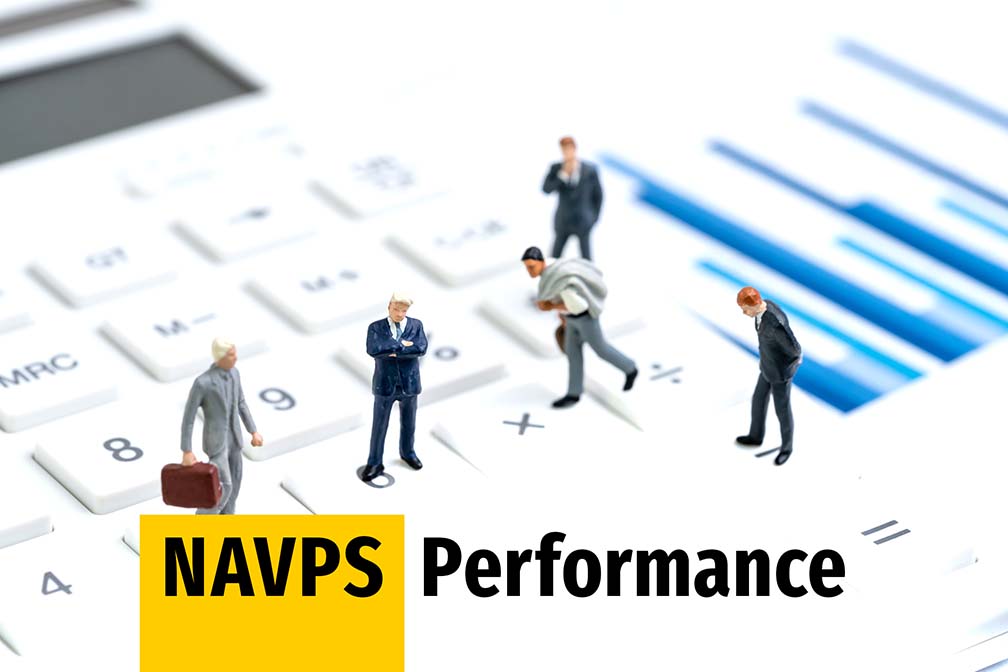The World Wide Fund for Nature (WWF) is encouraging businesses to adopt the Extended Producer Responsibility (EPR) scheme, a critical policy tool with a track record in holding manufacturers accountable for the end-of-life impacts of their plastic products and packaging.
This scheme, according to WWF will also encourage holistic eco-design in the business sector.
However, Czarina Constantino, WWF-Philippines’s National Lead for the No Plastics In Nature Initiative and Project Manager for Plastic Smart Cities, noted that some businesses already advocate EPR.
“And some [we] would need to work together. We still need to [push] the EPR scheme in the next few months [to make them understand],” Constantino said in a media forum on October 21.
In a recent study, it has been estimated that about 11 million tons of plastic enter the ocean every year. If no action is made, this can triple by 2040 which is equivalent to 50 kilograms of plastics for every coastline meter worldwide.
The Philippines, based on a 2015 modeling study, has been considered as one of the 10 top countries contributing to plastic pollution, has been continuously challenged with increasing waste generation and the lack of a sound waste management system.
The WWF report, which was undertaken together with cyclos GmbH and AMH Philippines Inc., highlights EPR as a critical and effective policy tool in holding manufacturers accountable for the end-of-life impacts of their plastic products and packaging.
The proposed EPR scheme was based on the findings of the first Material Flow Analysis of plastic packaging waste in the Philippines.
The report shows that Filipinos consume a yearly average of 20 kg of plastics, from which 15.43kg/cap/year becomes waste. Insufficient recycling capacities for high value recyclables and the high volume of low value plastics including sachets are factors that affect the country’s low plastic recycling rate at 9 percent.
The report further estimates that the Philippines leaks about 35 percent of plastic wastes into the environment.
The study is part of the No Plastic in Nature Initiative—WWF’s global initiative to stop the flow of plastics entering nature by 2030 through elimination of unnecessary plastics, doubling reuse, recycling and recovery, and ensuring remaining plastic is sourced responsibly.
Through this initiative, WWF-Philippines has been working with cities on plastic leakage, policymakers to advocate for a global treaty on plastic pollution, businesses to transition to circular business models, and the general public to campaign and act.
Meanwhile, Nestlé Philippines, called on other stakeholders to support the localized EPR scheme.
“We cannot achieve this alone, we must work together, to achieve a waste-free future,” said Arlene Tan-Bantoto Nestlé Philippines SVP and head of corporate affairs and communications.
These waste reduction and management conditions shaped the proposed customized EPR scheme in the Philippines.
It proposes a mandatory EPR scheme for all product packaging with a three-year transition phase for obliged businesses to redesign their product packaging and eliminate unnecessary plastics.
For this customized EPR scheme to work, the report emphasizes that the responsibility of implementing the scheme for building high-quality recycling capacity should be assumed by a non-profit Producer Responsibility Organization, acting as the system operator, with strict monitoring and control systems carried out by the government.
“We in WWF believe that a mandatory EPR system is a way for businesses to be more engaged in eliminating unnecessary plastics through eco-design and strengthening waste management by being responsible for the end of life impacts of their plastic packaging,” Constantino said.
“It is a driving mechanism for businesses to transform their models and push for circular solutions to reduce plastic generation including refilling and ultimately to eliminating leakage of plastic in nature. Adopting the EPR scheme in the Philippines is a great driver for us to stop plastic pollution.”

























